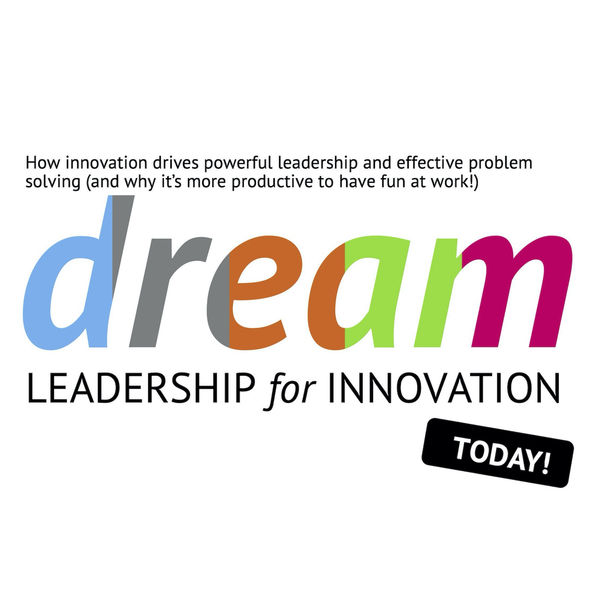Don't Grow Up Theory: Innovation Culture
What happens if people’s talents, such as discipline, logic, verbal and analytical, are replaced by factories, computers and robots and do it even better? Where does that leave people? And what talents should we be focussing on to survive the innovation age?
Mankind has gone through major shifts in the way we work. The first shift we identify is going from the agrarian age to the industrial age, which then was replaced by the information age. Since 2008, we see a major shift towards the innovation age. These four different periods have required different talents from the workforce and tools to manage them.

Where farmers relied on talents such as physical, understanding nature and discipline, industrial workers needed talents as logic, verbal and writing to work in factories, supervise and engineer. The first generation management tools for the industrial age where mainly focused on efficiency and training the workforce.
With the arrival of intelligent technology from the 1960s, the transformation into the information age began. Knowledge workers were needed with more focus on analytical, creativity and empathy talents. New management tools were required for people and organisations in the second generation, such as MBTI, Six Sigma and Design Thinking.
However, the post-global financial crisis in 2008 made people realize that the world does not need more information, as there is an information overload; it is what you do with the information that counts. And that requires additional talents of the future workforce: the innovators. What happens if people’s talents, such as discipline, logic, verbal and analytical, are replaced by factories, computers and robots and do it even better? Where does that leave people?

To solve the major problems the world is facing today, the third generation needs tools that are quite different, and focus on a higher level of talents as uniqueness and intuition. BIC has identified five key talents for the innovation age which cannot be done by factories, computers or robots because they are uniquely human: joy, creativity, intuition, creativity and empathy. We call them JUICE- talents.
Who are mastering these talents, the most creative, intuitive creatures? Right! Children. It is in their lifeblood. The issue is that the current education systems and workplaces have been very efficient in lowering the JUICE-talents by focussing mainly on talents that were needed in former times. This must now change. We have to rediscover our inner child again to reach that higher level and to become innovators. Think about it. Don’t grow up.
-

Presentation on an Innovative Mindset for IRAS, Singapore
Mamakan, The Inland Revenue Authority of Singapore (IRAS), August 28, 2014 -

Re-inventing the membership experience
Swiss Business Association , May 28, 2014 -

Speaking at RSAF PRIDE Convention 2014
Singapore Air Force, May 20, 2014 -

Planting Entrepreneurship at the Heart of Your Business
Mamakan, CEO Asia Round Table 2014, May 15, 2014 -

Empowering Innovation
Yves Pigneur, University of Lausanne, April 3, 2014 -

BIC and Cradle Fund signes Memorandum of Understanding (MOU) on Innovation Culture
Business Innovation Culture, March 6, 2014 -

Mette Kristine Oustrup speaking at the Global Social Innovators Forum & Festival (GSIF) 2013 in Singapore
Social Innovation Park SIP, November 7, 2013 -

Kristine Oustrup speaking at 'Education for the future, an International Seminar'
Kirpal Singh, Wee Kim Wee Centre, SMU, October 26, 2013 -

Trending: Asia's Innovation Culture
Banyan Tree Luxury Hotel and Resorts, August 28, 2013 -

Rod Leaver, CEO of Lend Lease Asia signs on Business Innovation Culture for a 2-year project
BIC, July 9, 2012 -

Singapore Innovation and Productivity Institute (SiPi) invites Mette Kristine Oustrup for its Board of Advisors
Singapore Innovation and Productivity Institute (SiPi), June 23, 2012
